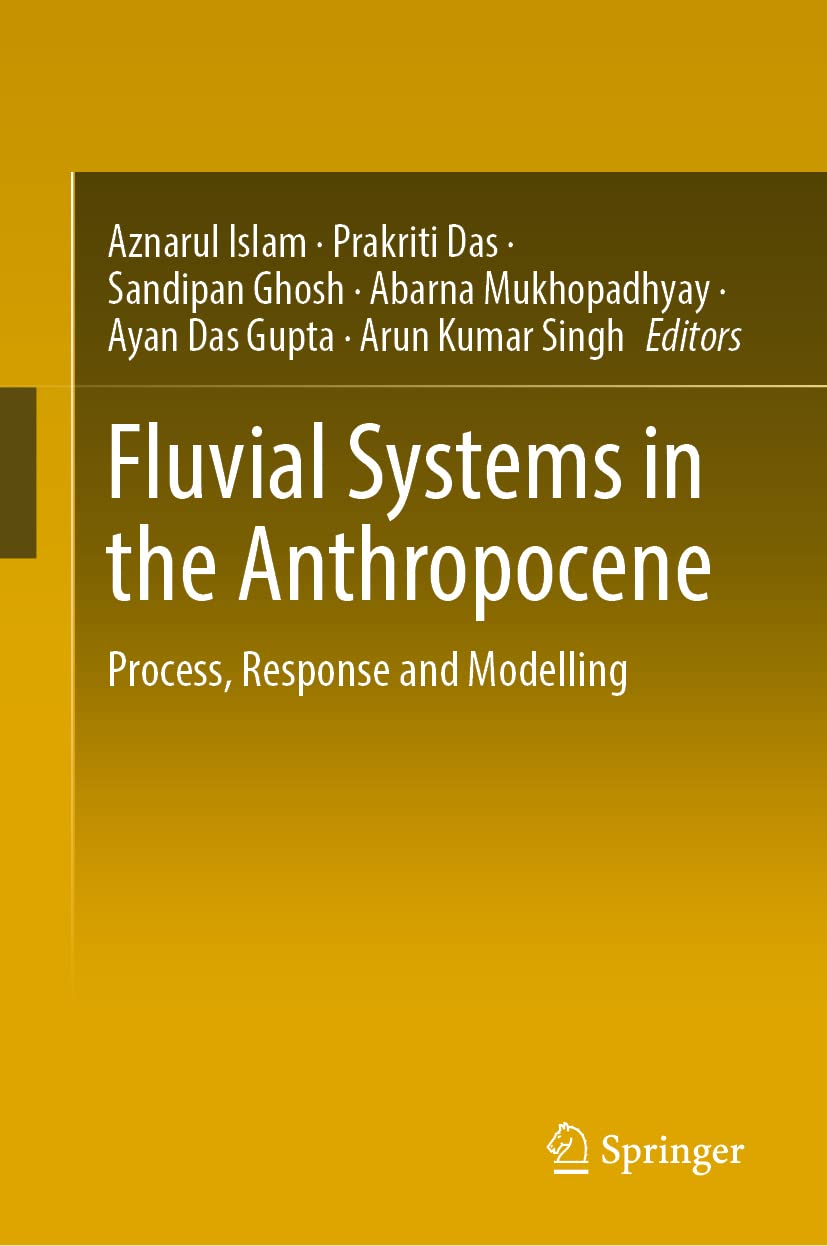

Most ebook files are in PDF format, so you can easily read them using various software such as Foxit Reader or directly on the Google Chrome browser.
Some ebook files are released by publishers in other formats such as .awz, .mobi, .epub, .fb2, etc. You may need to install specific software to read these formats on mobile/PC, such as Calibre.
Please read the tutorial at this link: https://ebookbell.com/faq
We offer FREE conversion to the popular formats you request; however, this may take some time. Therefore, right after payment, please email us, and we will try to provide the service as quickly as possible.
For some exceptional file formats or broken links (if any), please refrain from opening any disputes. Instead, email us first, and we will try to assist within a maximum of 6 hours.
EbookBell Team

5.0
110 reviewsThis book addresses the various factors affecting fluvial systems, the processes governing them, system responses arising from human-nature interventions, and geospatial and geo-ecological modeling to understand system behaviour better and restore degraded ecosystems around the globe. Thanks to their hydrological and agro-ecological advantages, humans have settled along riverbanks since the dawn of civilization. Thus, the ancient "ecumene" (settlements) were located near major rivers worldwide. This legacy of river-based civilizations continues to this day in many forms. However, in the course of the 'Anthropocene' era, countless fluvial systems have been altered by human interventions in the form of large-scale dams and barrages, changes in land use and land cover, road-stream crossings, mining of sand and gravel, mushrooming of brickfield, expansion of modern agriculture, industrial growth, and urbanization. Thus, the present-day development pattern threatens fluvial systems, especially riverine morphology and ecosystems. In brief, human-induced morphological changes, water pollution, eutrophication, and related damages to aquatic organisms are the major threats to fluvial systems. Thus, maintaining the 'environmental flow' of the world's major rivers to preserve the proper functioning of riverine ecosystems and promote sustainable development is a global challenge.